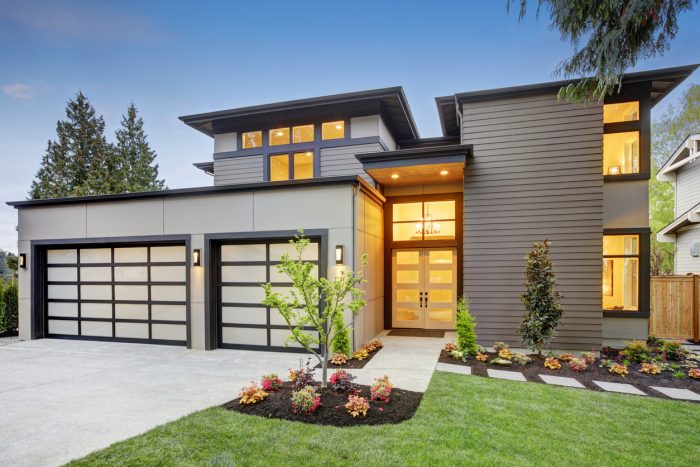 As Ottawa continues to grow, more and more infill homes are popping up in key neighbourhoods around the city. Infill homes can sometimes be a contentious issue within a neighbourhood but they can also improve the housing stock, add value to the community, slow urban sprawl, and replace older and outdated homes with more modern and appealing options.
As Ottawa continues to grow, more and more infill homes are popping up in key neighbourhoods around the city. Infill homes can sometimes be a contentious issue within a neighbourhood but they can also improve the housing stock, add value to the community, slow urban sprawl, and replace older and outdated homes with more modern and appealing options.
What are Infill Homes?
In the natural progression of any city, the city’s core contains the oldest buildings with new construction occurring along the periphery where there is space available. Infill is the practice of building new homes in already developed neighbourhoods or lands by either tearing down the existing home, building on a vacant lot, or splitting larger properties to allow for additional units. These homes are very popular as they allow for modern living in a brand new home, without the commute that comes with living in the suburbs.
The Benefits of Infill Construction
The building of infills provides new and modern construction and can be an excellent accelerator in the gentrification of a neighbourhood. New homes can improve a community’s appearance and reputation as well as attract a different type of buyer who may not be interested in an older or smaller home. Infill homes can also raise the property values of the entire neighbourhood and make it a more sought after community for buyers. For example, there are many neighbourhoods in Ottawa with smaller war-time bungalows on large lots. These homes may not appeal to growing families but the lots allow for much larger construction. By building in these neighbourhoods, buyers are able to move into an established community with schools, parks, and amenities already in place (which is often not the case in new suburbs) but have the space and modern conveniences of a newly built home.
Keeping the Neighbourhood Charm
The biggest argument against infill construction generally revolves around whether or not the homes will fit in with the neighbourhood’s esthetic and style. A home that is too grand in scope or seems completely out of place may be seen as more of an eyesore and may not put you on the best footing with the neighbours. It is important that the home be designed with the neighbourhood in mind and ensure that the style and charm of the community is maintained. The City of Ottawa developed a set of guidelines in 2012 for infill construction, which prior to that had been largely unregulated, assuming that the construction was to code and met the zoning bylaws. These regulations were again updated in 2015 and the city continues to work to develop a legal framework that forces infill construction to be in character with the existing street. The factors that must be considered can vary dramatically depending on the community, neighbourhood or even a particular street. These rules can include everything from the number of stories, property set back from the road, types of building materials, all the way to more specific things like the style of windows or the roof line. The neighbourhood bylaw’s core message is that “Your street gives you your rules” and the city are working hard to adhere to that principle, noting that this goes far beyond zoning and construction guidelines.
Choosing an Infill Home
As mentioned above, an infill property can provide you, as well as the neighbourhood, with incredible benefits. If you are interested in either purchasing one that has already been built or searching for a property to build your own custom home, it is important to work with a Realtor® to ensure that your interests are protected. Before buying a property with this intention, you will want to do your homework. Make sure that you have a solid understanding of the city bylaws and rules regarding this type of construction. You will also want to get designs from reputable builders to ensure that the opportunity will suit your needs and budget. The last thing you want is to get caught up in a legal of financial battle which, in some cases, can go on for years.
Infill homes provide great opportunity to both buyers and neighbourhoods but must be built with the neighbourhood in mind. Many communities have seen incredible gentrification in recent years as older, smaller, and run-down homes are replaced with new construction. When done with care and consideration, this is a positive sign of growth within our community.